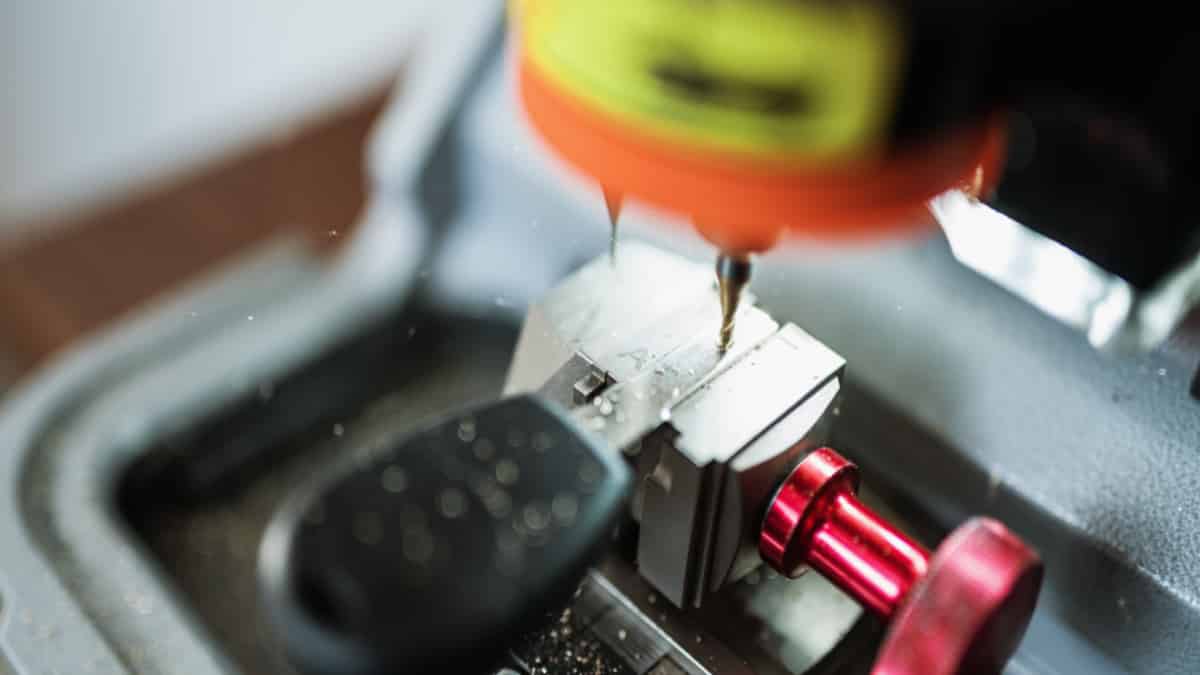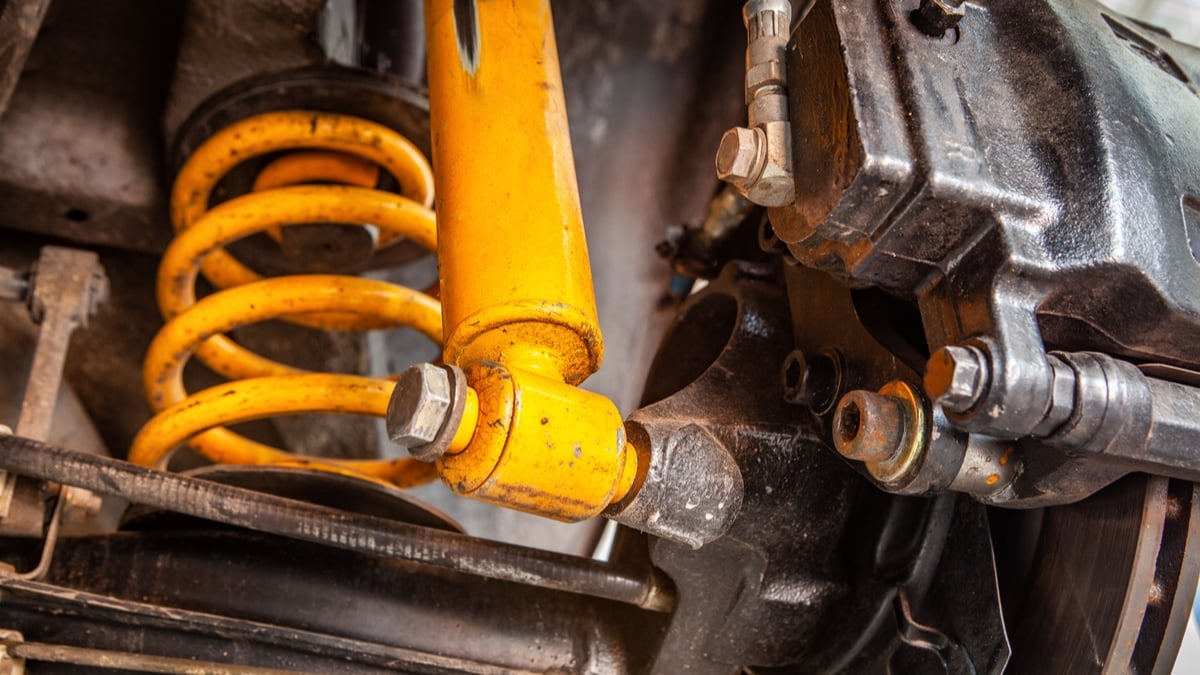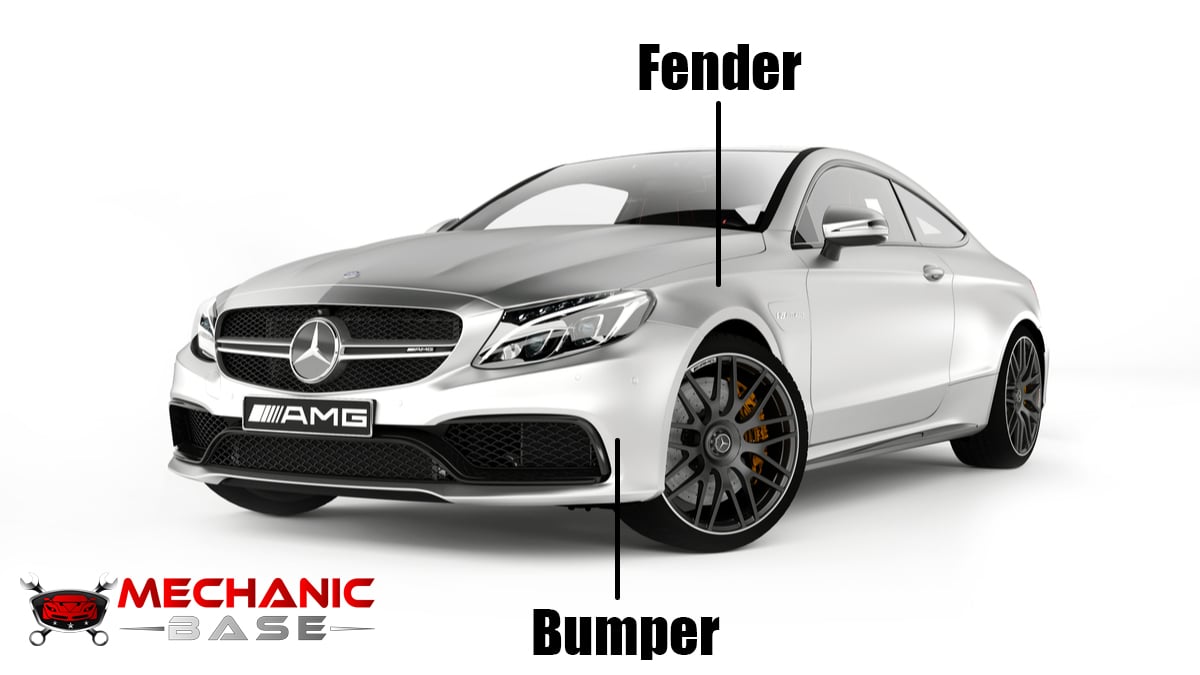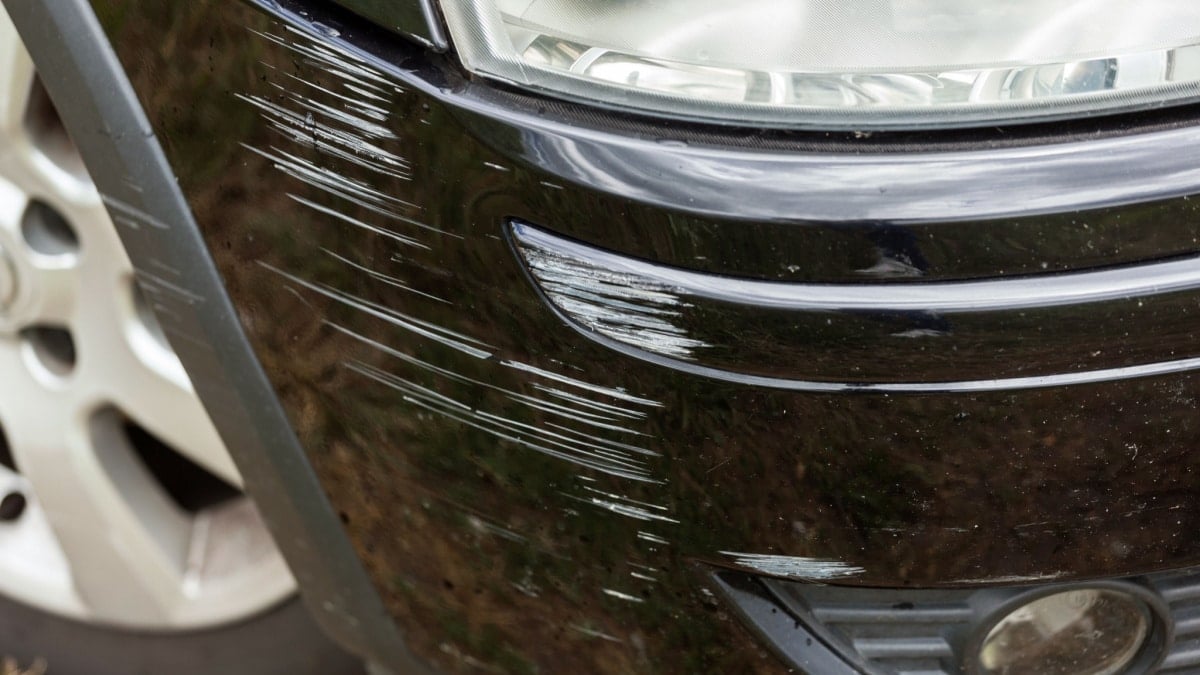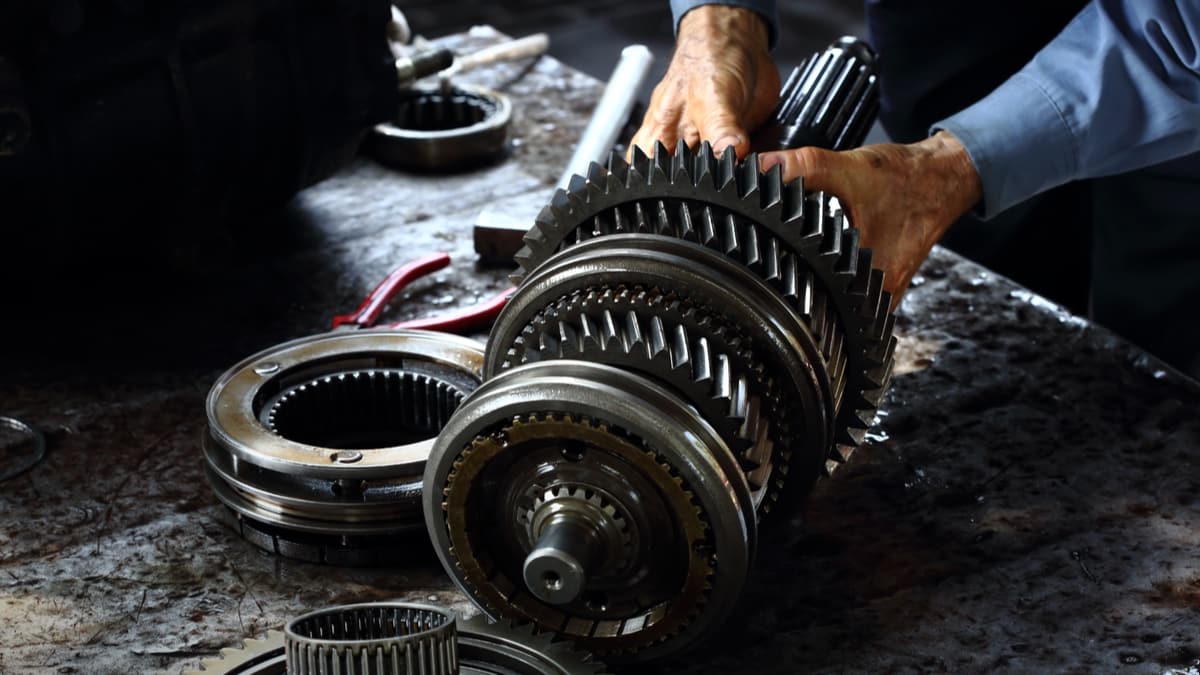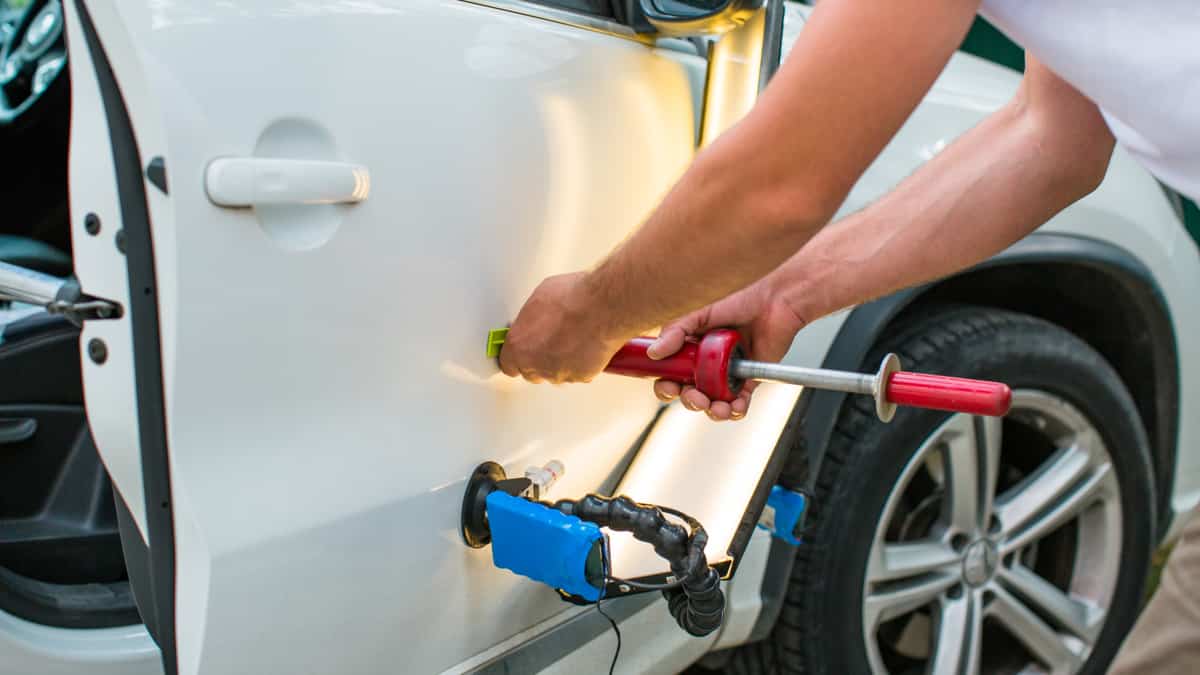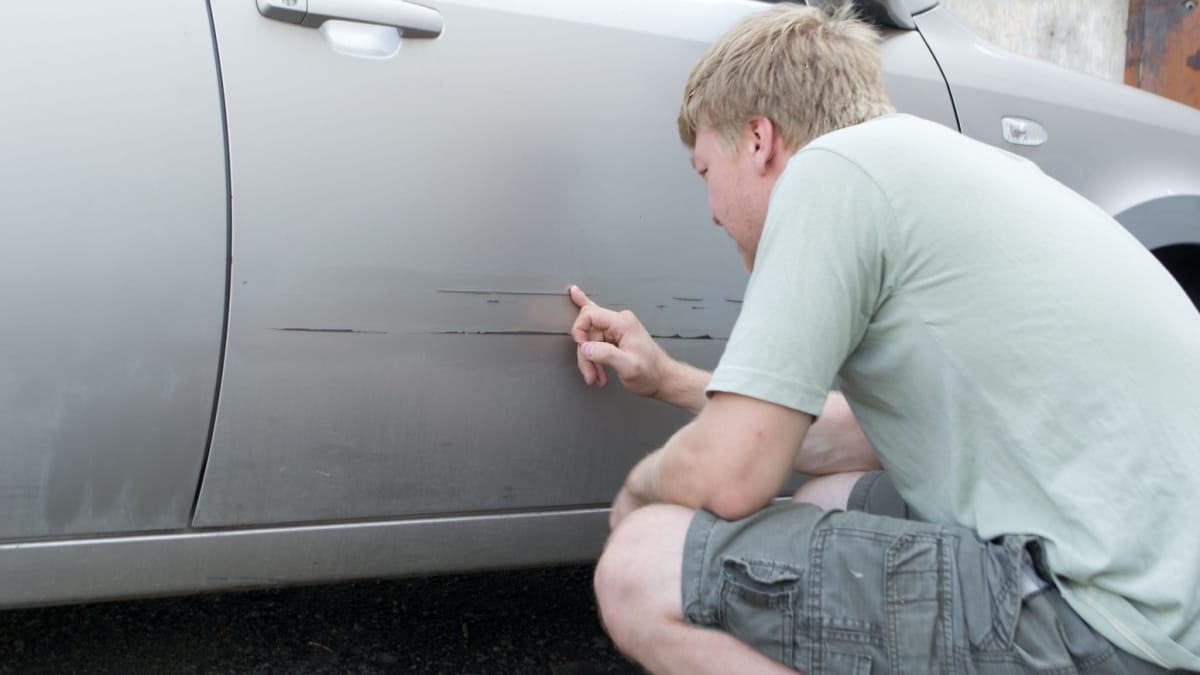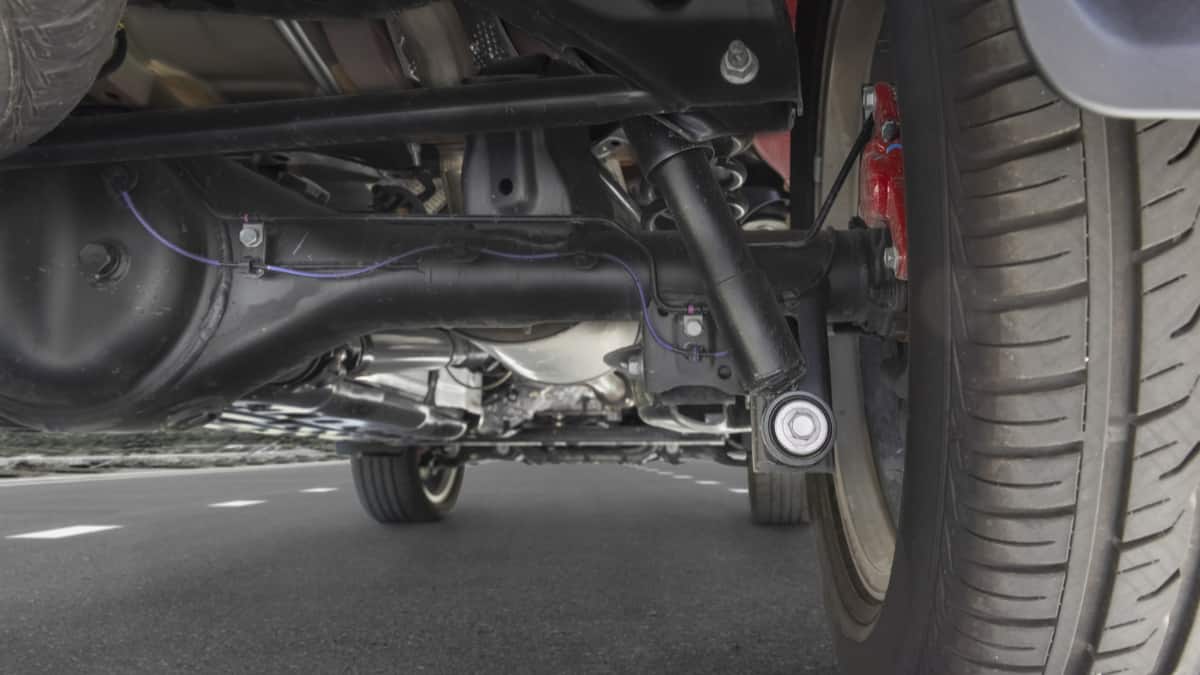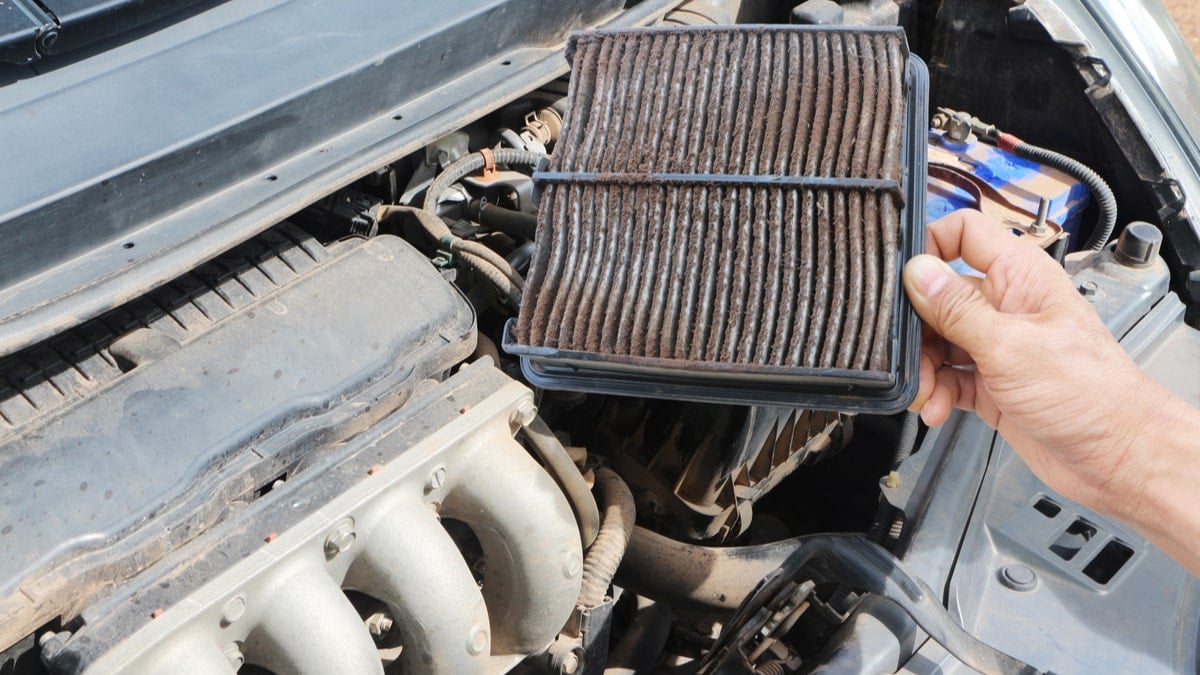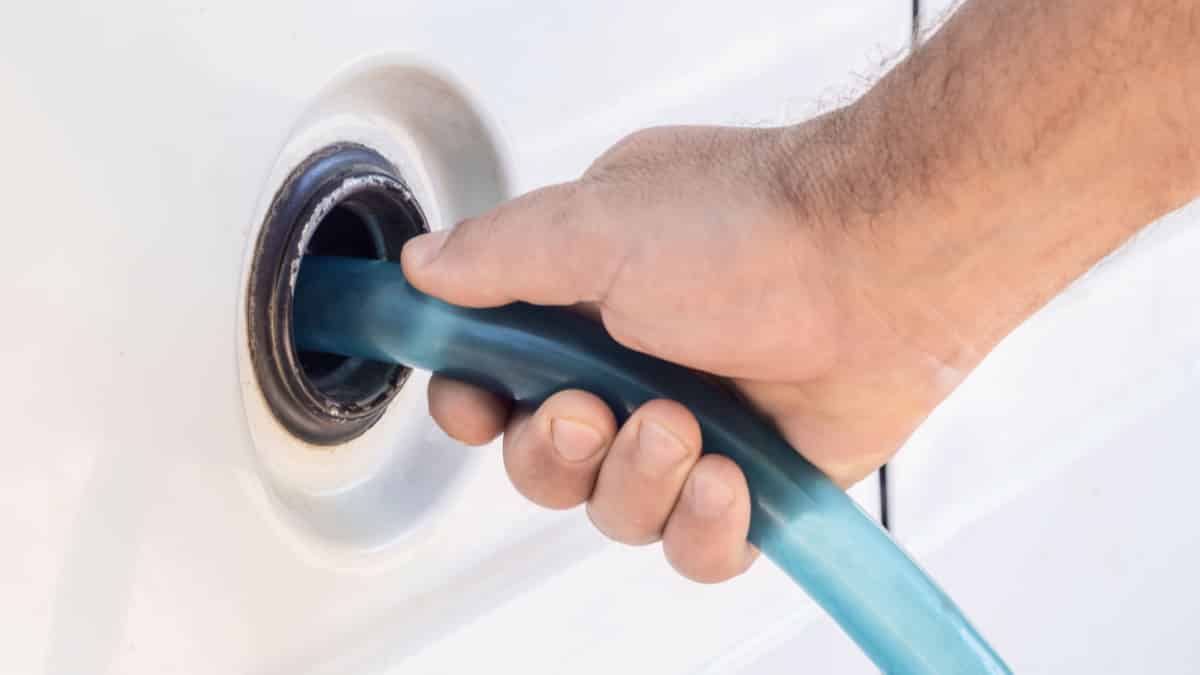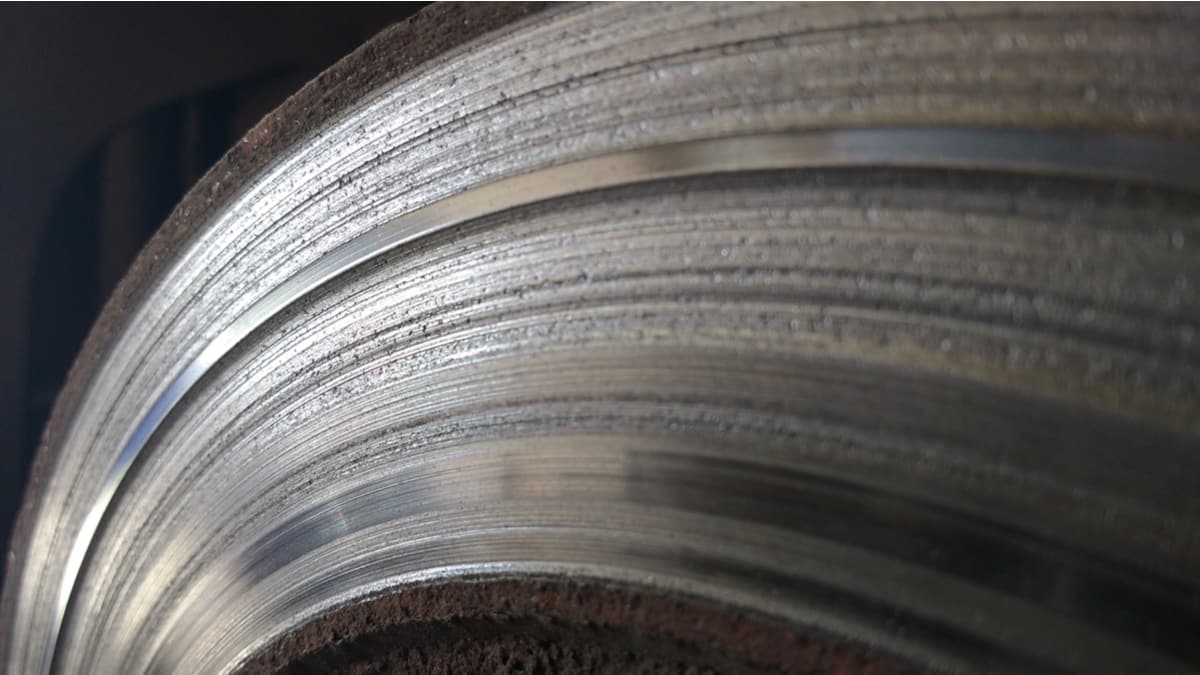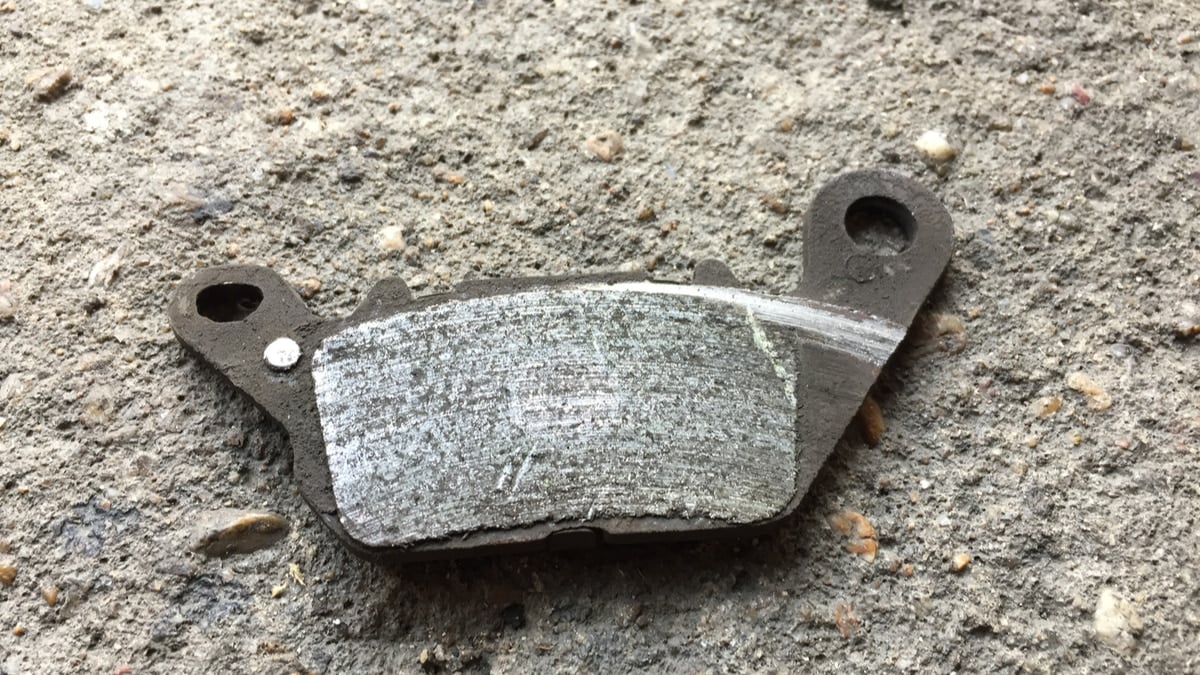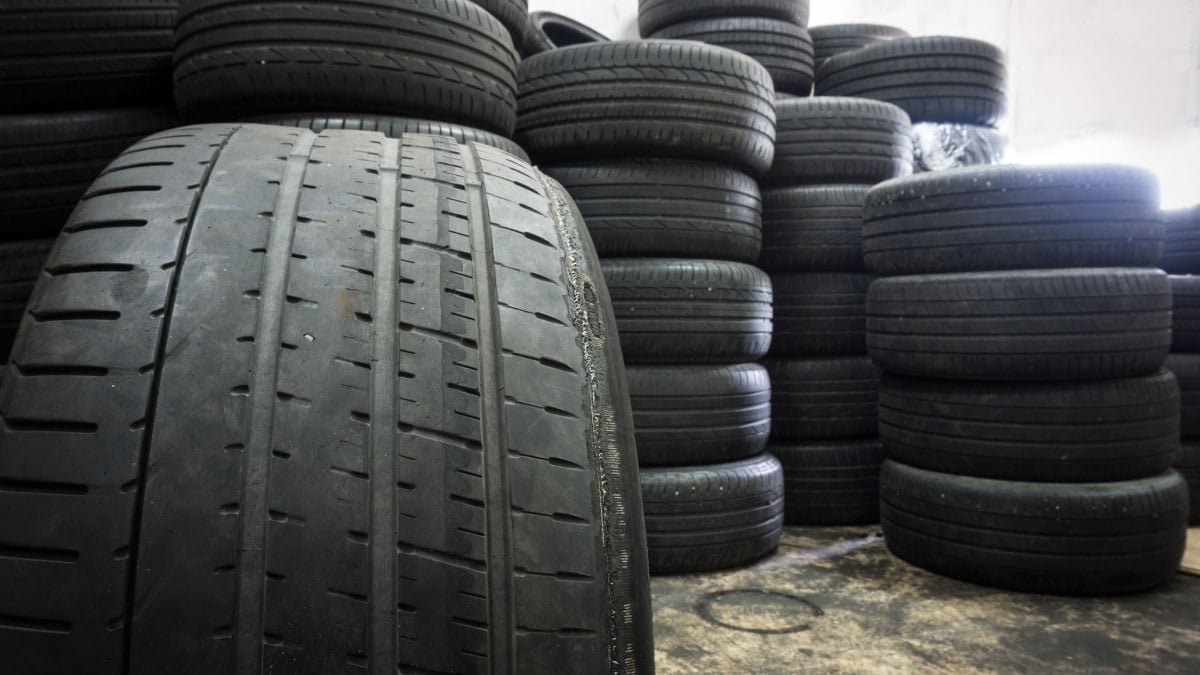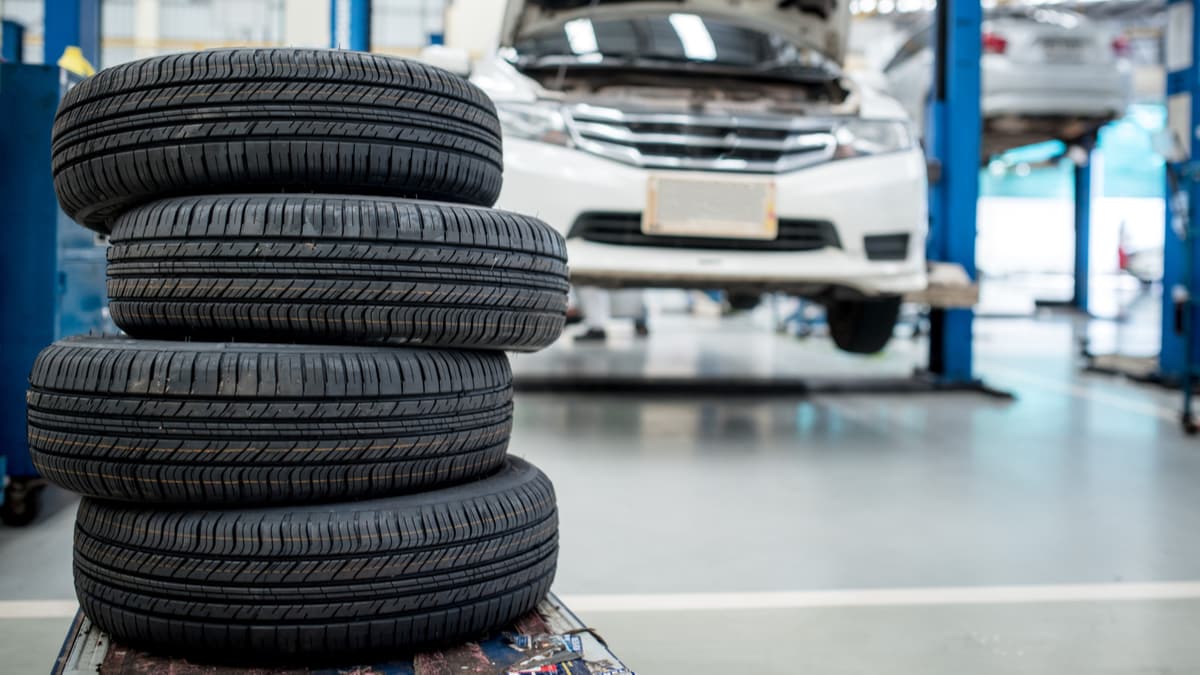It’s everyone’s worst nightmare come true when their car breaks down. Now, it’s time to decide whether to repair or replace the old car. Is your vehicle worth dumping money into, or should you just cut your losses? That’s the question I hope to answer.
If you have been asking whether you should repair or just replace your old car, this guide should help. I offer clarity into the reasons why a repair is a good idea, and when you should say adios.
Should I Repair My Car or Replace It?
Whatever you should repair or replace your car depends on the general condition of the car. If it is in good condition and the repair does not exceed the value of the car, it may be worth repairing. However, it depends on your individual situation.
Read on to learn how you can decide whether you should repair or replace your old vehicle.
4 Reasons for Repairing a Broken Car
1. Less Expensive
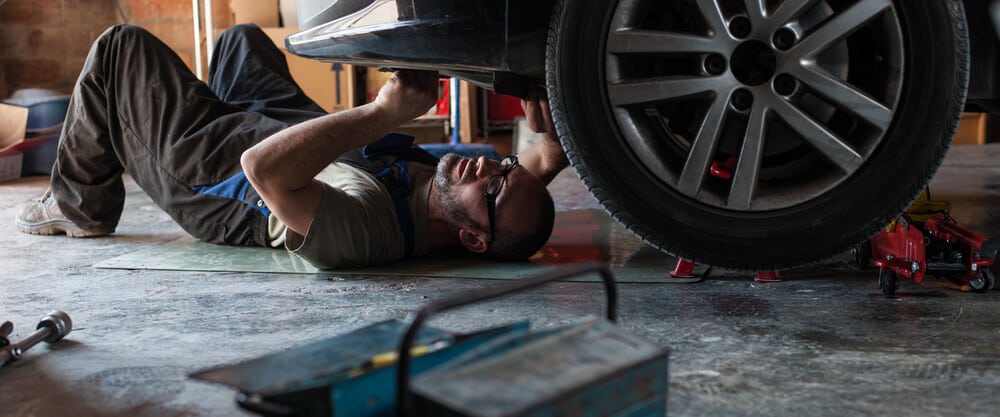
Fixing an old car is almost always cheaper than buying a new one. This point isn’t claiming that the car is worth the repairs; simply that less money will usually be spent repairing than buying. With that said, there are exceptions to this rule.
For example, a failed transmission or blown motor might cost you $3,000 or more if you take it to the dealership for repair. You could get another vehicle for this price, but it probably won’t be a reliable one. However, you could also use the $3,000 as a down payment on a new vehicle.
If the cost of the repairs is cheaper than what you would spend on a newer vehicle, it is worth repairing. This is especially true if the vehicle’s value is also worth more than what you are spending.
2. No Depreciation
By the end of the first year, a new car will depreciate by 20 to 30 percent. That’s a lot of money you are throwing away when you purchase a new vehicle.
However, you aren’t going to deal with this level of depreciation on your existing vehicle. Depending on what model you drive, your vehicle might be depreciating at 15 percent or less every year, helping to retain a nice resale value.
3. You Can’t Buy a New Car
If it simply isn’t the right time for a new car, you should consider repairing the old one. Maybe you were in the middle of saving up for a vehicle or you just don’t have the extra cash right now. Either way, repairing the old vehicle can help you buy some more time.
If putting out $300 today helps you reach your financial goals in a year, it’s a good investment. However, if you have to put out $3,000 today, taking a chunk out of what you were saving, you might need to reconsider the objective.
4. Sentimental Attachment
If you are emotionally connected to your car, you may not be ready to sell it. In cases like this, you will easily spend more than what the car is worth to keep it running.
Whether it’s your first vehicle or a special gift from a loved one, you want to cherish it as long as you can. It might even be the dream car you spent so long saving up for. Either way, no one can tell you that you need to sell the car – unless, of course, you can no longer afford to keep it.
4 Reasons for Buying a New Car

1. Need Peace of Mind
If you are tired of worrying about breaking down, you deserve the peace of mind that comes with a newer car. Old cars are downright unpredictable, leaving you with no guarantees.
Even if you repair the current problem, another one could crop up down the road, leaving you stranded once again. With a new car, you get at least a three-year warranty. Even with some pre-owned vehicles, dealerships will offer a warranty. With these protections in place, you don’t have to fret about any more major repairs, at least for a short time.
2. Tired of Repairs
Are you getting tired of visiting the local mechanic? If the local auto repair shop has come to know you, it’s possible you have been spending too much time there.
Additionally, not all problems get fixed right the first time, leaving you with more downtime as you take the vehicle back in. Evaluate how much time you are spending at the mechanic and determine if this time could be better used. If so, it might be time for an upgrade.
3. Looking for Something Safer
If you drive an older vehicle, you might be missing out on some valuable safety equipment. While this was fine when everything was running right, do you really want to keep spending money on a vehicle without the latest technology?
A new car might come equipped with automatic emergency braking, blind-spot monitoring, and backup cameras for better on-road safety. Is there really a price you can put on this peace of mind?
4. Cost is More Than Value
How much is it going to cost you to repair the vehicle? If you received an estimate for $3,000, but the value of the car is only $1,500, dumping more money into it might not be a good investment.
You can get the value of your vehicle from sites such as Kelley Blue Book. Remember that the value is going to be even less if the car is not currently running. Compare this amount with the cost of the repairs to determine if you should invest any more money into the vehicle.
Is It Time to Buy a New Car?
By evaluating your situation honestly, you can determine if a new vehicle is the best route. Here are some things to consider.
- Repairs are happening more frequently and are becoming expensive.
- The car leaves you stranded, making you late or putting you in danger.
- The repair costs more than what the vehicle is worth.
- You were planning to buy something anyway.
How to Extend the Life of Your Car
No one wants to be in a position where they must choose between fixing a car or buying a new one. With a little due diligence, you can ensure that your vehicle lasts longer.
Make sure you follow the recommended service schedule outlined by the car manufacturer. By changing the oil, replacing the spark plugs, and installing new filters, you help the vehicle run its best, thereby extending the life of your vehicle.

